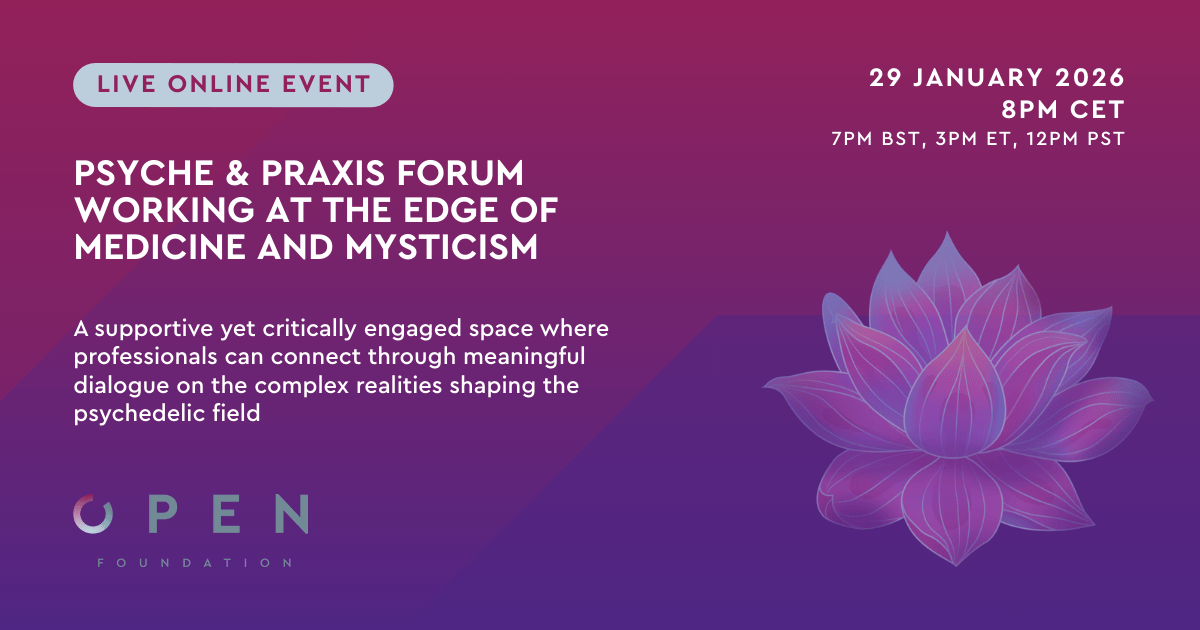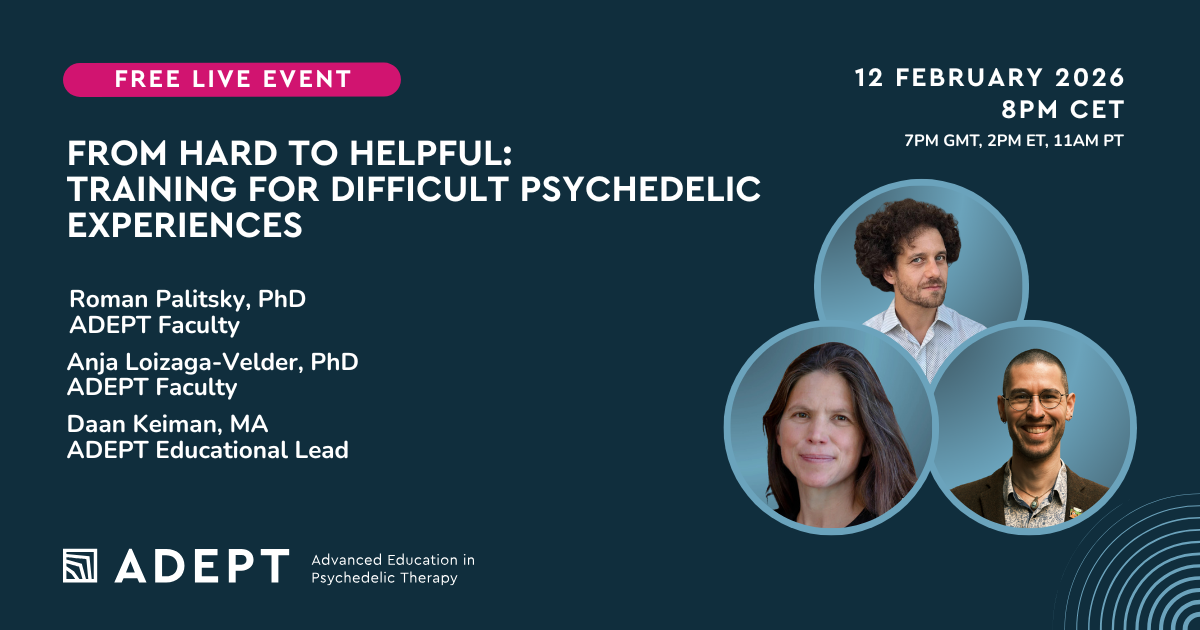Abstract
BACKGROUND:
Ibogaine is a monoterpene indole alkaloid used in medical and nonmedical settings for the treatment of opioid use disorder. Its mechanism of action is apparently novel. There are no published prospective studies of drug use outcomes with ibogaine.
OBJECTIVES:
To study outcomes following opioid detoxification with ibogaine.
METHODS:
In this observational study, 30 subjects with DSM-IV Opioid Dependence (25 males, 5 females) received a mean total dose of 1,540 ± 920 mg ibogaine HCl. Subjects used oxycodone (n = 21; 70%) and/or heroin (n = 18; 60%) in respective amounts of 250 ± 180 mg/day and 1.3 ± 0.94 g/day, and averaged 3.1 ± 2.6 previous episodes of treatment for opioid dependence. Detoxification and follow-up outcomes at 1, 3, 6, 9, and 12 months were evaluated utilizing the Subjective Opioid Withdrawal Scale (SOWS) and Addiction Severity Index Composite (ASIC) scores, respectively.
RESULTS:
SOWS scores decreased from 31.0 ± 11.6 pretreatment to 14.0 ± 9.8 at 76.5 ± 30 hours posttreatment (t = 7.07, df = 26, p < 0.001). At 1-month posttreatment follow-up, 15 subjects (50%) reported no opioid use during the previous 30 days. ASIC Drug Use and Legal and Family/Social Status scores were improved relative to pretreatment baseline at all posttreatment time points (p < .001). Improvement in Drug Use scores was maximal at 1 month, and subsequently sustained from 3 to 12 months at levels that did not reach equivalence to the effect at 1 month.
CONCLUSION:
Ibogaine was associated with substantive effects on opioid withdrawal symptoms and drug use in subjects for whom other treatments had been unsuccessful, and may provide a useful prototype for discovery and development of innovative pharmacotherapy of addiction.
Brown, T. K., & Alper, K. (2017). Treatment of opioid use disorder with ibogaine: detoxification and drug use outcomes. The American Journal of Drug and Alcohol Abuse, 1-13. 10.1080/00952990.2017.1320802
Link to full text
Ibogaine is a monoterpene indole alkaloid used in medical and nonmedical settings for the treatment of opioid use disorder. Its mechanism of action is apparently novel. There are no published prospective studies of drug use outcomes with ibogaine.
OBJECTIVES:
To study outcomes following opioid detoxification with ibogaine.
METHODS:
In this observational study, 30 subjects with DSM-IV Opioid Dependence (25 males, 5 females) received a mean total dose of 1,540 ± 920 mg ibogaine HCl. Subjects used oxycodone (n = 21; 70%) and/or heroin (n = 18; 60%) in respective amounts of 250 ± 180 mg/day and 1.3 ± 0.94 g/day, and averaged 3.1 ± 2.6 previous episodes of treatment for opioid dependence. Detoxification and follow-up outcomes at 1, 3, 6, 9, and 12 months were evaluated utilizing the Subjective Opioid Withdrawal Scale (SOWS) and Addiction Severity Index Composite (ASIC) scores, respectively.
RESULTS:
SOWS scores decreased from 31.0 ± 11.6 pretreatment to 14.0 ± 9.8 at 76.5 ± 30 hours posttreatment (t = 7.07, df = 26, p < 0.001). At 1-month posttreatment follow-up, 15 subjects (50%) reported no opioid use during the previous 30 days. ASIC Drug Use and Legal and Family/Social Status scores were improved relative to pretreatment baseline at all posttreatment time points (p < .001). Improvement in Drug Use scores was maximal at 1 month, and subsequently sustained from 3 to 12 months at levels that did not reach equivalence to the effect at 1 month.
CONCLUSION:
Ibogaine was associated with substantive effects on opioid withdrawal symptoms and drug use in subjects for whom other treatments had been unsuccessful, and may provide a useful prototype for discovery and development of innovative pharmacotherapy of addiction.
Brown, T. K., & Alper, K. (2017). Treatment of opioid use disorder with ibogaine: detoxification and drug use outcomes. The American Journal of Drug and Alcohol Abuse, 1-13. 10.1080/00952990.2017.1320802
Link to full text











